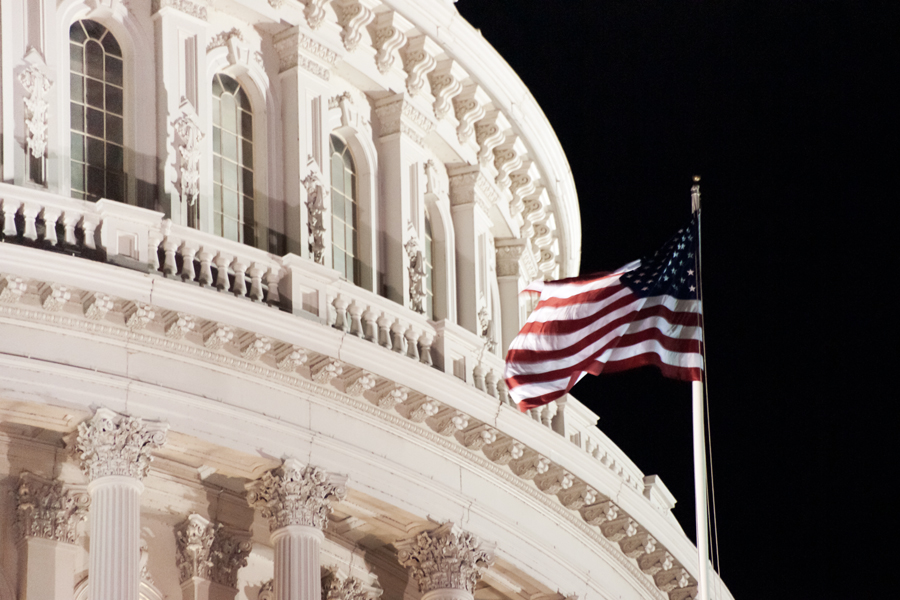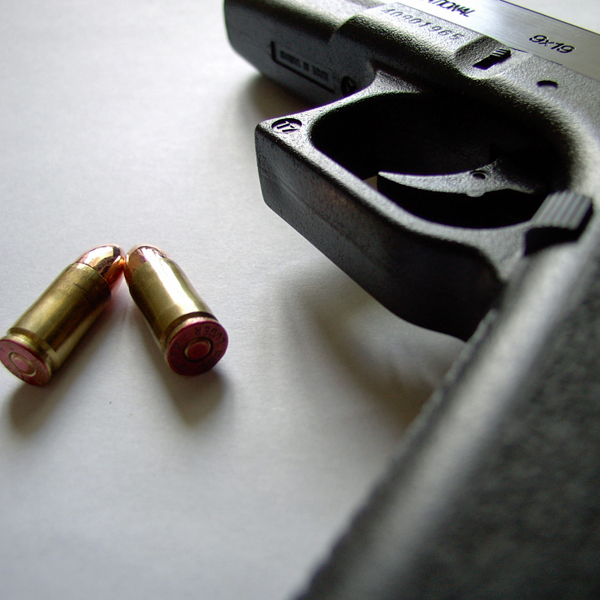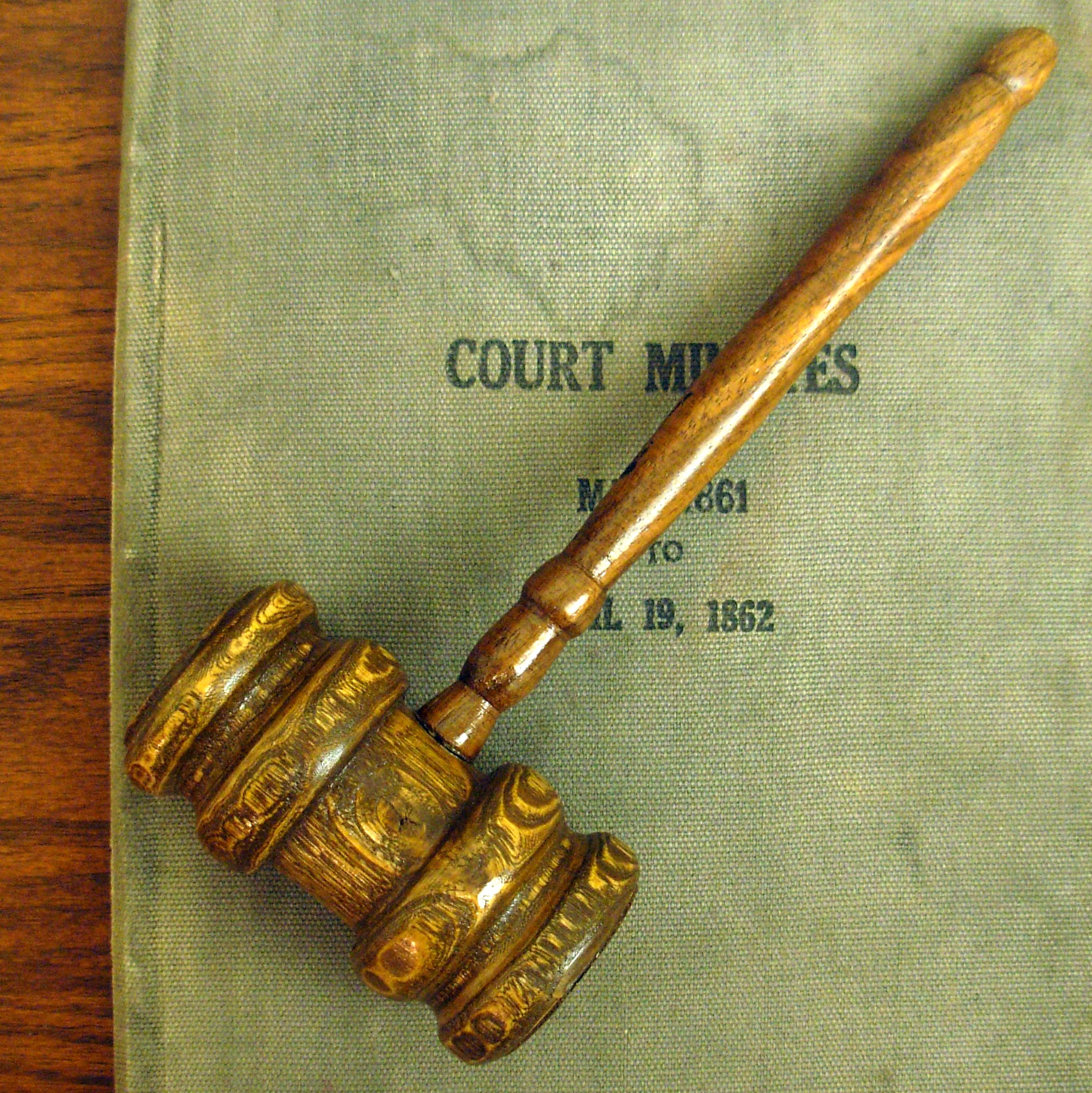Given what I had heard about the trial, and the fact that the judge seemed to be a gun owner, I was optimistic that maybe this case wouldn’t end up being the typical District Court loss, but that would appear not to be the case. Grab your partner, gather round, and dance the intermediate scrutiny two-step on more time! Now granted, in the realm of Second Amendment opinions, I’ve read worse. I’ve actually read far worse, unfortunately. But I’m tired of this right being treated like the crazy uncle in the attic of American rights by judges. You don’t get to do that. The footnotes in this case are particularly tough to stomach:
The M-16 rifle mentioned by the Court is a military version of the AR-15 rifle, a rifle that several witnesses in this case testified that they possess for their own self-defense purposes. If, as Heller implies, the M-16 rifle can legally be prohibited without violating the Second Amendment, it seems to follow that other weapons such as the AR-15 may also be prohibited, notwithstanding the fact that some individuals believe that such weapon is important, or even essential, to their self-defense.
The M16 is a machine gun, Judge. The AR-15 is not. The AR-15 functions entirely differently. I don’t think that can just be glossed over so casually. Would it be legal to ban any firearm that has a military full-auto equivalent? Even the Browning BAR hunting rifle is based on a full-auto, military design. There’s a military version of the Glock pistol, and the Beretta pistol. This is poor reasoning.
After that, there’s this footnote about the paradox of better-trained users needing less rounds in a magazine:
There is a curious paradox here: the more competent the defensive firearm user, the more likely he or she is to hit her target with fewer shots, and thus, the less likely that user is to need a large-capacity magazine for defensive purposes. By contrast, the less competent or confident the user, the greater the number of rounds the user perceives he or she needs. One wonders how these perceptions are affected by exposure to military grade weaponry in news and entertainment.
What she doesn’t understand is that the dirty little secret is a big reason that cops almost universally carry large caps these days is because they need them, often due to poor firearms training. There is honestly no argument here that applies to civilians is not equally or more applicable to cops. Courts should not overlook police use in these cases. If magazines holding more than X rounds are routinely issued to officers, then they should be protected arms for civilians as well. End of analysis. We should not require civilian firearms owners and carriers to be trained gun ninjas, while we allow police officers to roam the streets with firearms, many of whom get no more practice in than their yearly qualifications.
The judge read the Americans with Disabilities Act narrowly in considering the ADA claims in the suit, arguing that because the laws didn’t create any particular government service that discriminated against the disabled, the ADA was no obstacle to the law. The claim seems to be that the ADA doesn’t apply to laws that discriminate against the disabled, only services. I don’t know enough about the ADA to comment on this.
This judge was a George W. Bush appointee. It was apparent during the trial she knew something about guns, and there seem to be evidence to believe she may actually own one. But this shows how utterly hostile the ruling class is to civilians being well-armed, and at least as well-armed as the police. I’m sure this will be appealed, but I am not optimistic. I’m afraid the only way Coloradans are getting rid of these new laws is to repeal them. The courts cannot be counted on to give meaningful relief for infringements on this fundamental right. The refusal of the Supreme Court to hear any further cases on the matter will only embolden lower courts in their efforts to marginalize the right. The Second Amendment is to remain the crazy uncle in the attic of the Bill of Rights for the foreseeable future.
As always, I encourage everyone to read the opinion. It is important for every Americans to understand how much judges do not care for this right, and do not care to treat it seriously. The only way we win is by punishing anti-gun politicians and electing pro-gun politicians. Everything else is window dressing.




